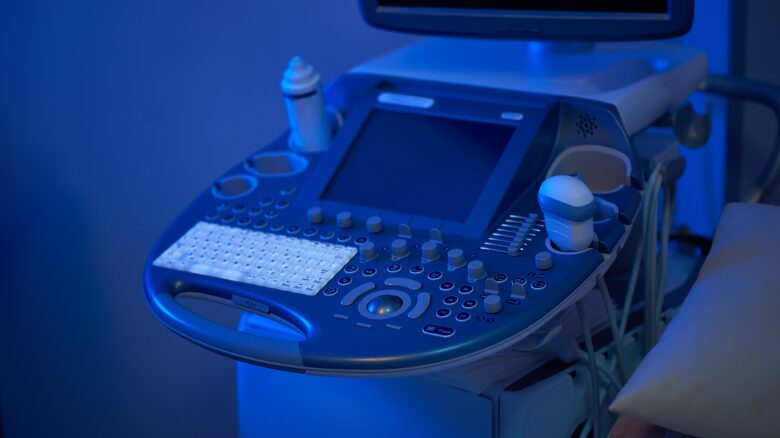
In today's rapidly advancing world, technology has transformed every facet of life, including healthcare. Modern gynaecology, a field once bound by traditional practices, now thrives on cutting-edge innovations. From robotic surgeries to telemedicine, technology empowers gynaecologists to deliver care with precision and compassion. This article delves into the technological marvels shaping gynaecology and their impact on patient outcomes.
How are these advancements rewriting the narrative of women's health care?
Key Takeaways
- Technology is revolutionising gynaecology by enhancing diagnostic accuracy and treatment efficacy
- Robotic surgery and minimally invasive techniques provide safer and faster recovery for patients
- Telemedicine and AI are making gynaecological care more accessible and personalised
- Innovations in imaging and diagnostics offer early detection and better management of gynaecological conditions
- Emerging technologies hold promise for even greater improvements in patient care and outcomes
Role of Technology in Modern Gynecology Care
Technology has undeniably become a cornerstone in modern gynaecology. It has redefined how gynaecologists diagnose, treat, and manage various conditions, offering patients a new horizon of possibilities. The integration of technology in gynaecology brings about precision, speed, and a level of care previously unattainable.
Robotic surgeries, for example, have revolutionised surgical procedures in gynaecology. With robotic assistance, surgeons can perform complex surgeries with enhanced precision and control, leading to fewer complications and faster recovery times for patients. In India, the adoption of robotic surgery in gynaecology shows a promising trend, with hospitals investing in this technology to improve patient care.
Minimally invasive surgery, another technological marvel, has drastically changed the landscape of gynaecological procedures. Techniques like laparoscopy reduce hospital stays and promote quicker returns to normal activities. Such advancements have made once-dreaded surgeries much less formidable for patients.
The surge of telemedicine in gynaecology marks a significant shift towards accessibility and convenience. Telehealth platforms enable gynaecologists to reach patients in remote areas, breaking down geographical barriers. In a country as vast as India, where rural access to healthcare can be limited, telemedicine offers a lifeline of connectivity and care.
Artificial Intelligence (AI) is another transformative force in gynaecology. AI-powered tools assist in diagnostics, predict potential complications, and personalise treatment plans. These intelligent systems analyse vast amounts of data to provide insights that enhance clinical decision-making. For instance, AI algorithms can predict the likelihood of preterm birth, allowing doctors to intervene proactively.
Moreover, advancements in imaging and diagnostics have elevated the early detection and management of gynaecological conditions. High-resolution ultrasound and MRI technologies provide detailed insights into the female reproductive system, aiding in the accurate diagnosis of conditions like endometriosis and ovarian cysts. Early detection leads to more effective treatment plans and improved patient outcomes.
The integration of technology in gynaecology doesn't stop here. Emerging technologies, such as personalised medicine and genomics, hold the potential to further tailor gynaecological care to individual patient needs. By understanding a patient's genetic makeup, gynaecologists can prescribe treatments that are more effective and have fewer side effects.
Conclusion:
Technology is not merely a tool but a catalyst for change in modern gynaecology. It offers new ways to enhance patient care, improve outcomes, and make gynaecological services more accessible. As technology continues to evolve, it promises even greater advancements that will redefine the future of women's health care.
Understanding the role of technology in modern gynaecology care is crucial for medical professionals, researchers, and students eager to stay ahead in this ever-evolving field. Harsha Hospitals leads in cutting-edge technology in gynecology. From robotic surgeries to 3D scans and AI-based diagnostics, we ensure accurate, safe, and minimally invasive care for every woman.


